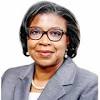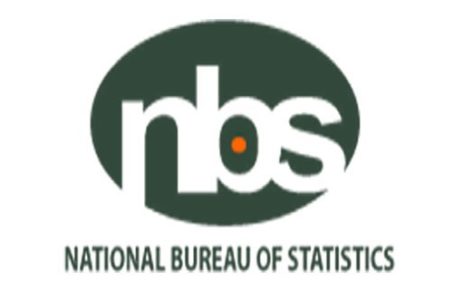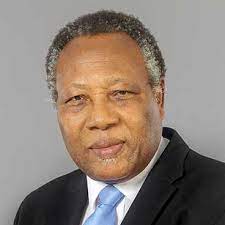The Debt Management Office (DMO) on Thursday disclosed that Nigeria’s total public debt rose by 20.2 percent to N39.56 trillion ($95.77 billion) as at December 31, 2021, up from N32.92 trillion ($86.392 billion) in 2020.
The Director-General of the Office, Ms. Patience Oniha, gave these figures at a media interactive session in Abuja, adding that the N39.56 trillion represented the total external and domestic debts of the Federal Government of Nigeria (FGN), the 36 state governments and the Federal Capital Territory (FCT).
The debt management expert explained that the figure also included the N5.489 trillion new borrowings by the federal government as contained in the 2021 Appropriation and Supplementary Acts to part-finance deficit.
According to her, the breakdown shows that domestic debt is N23.7 trillion or 69.92 percent; while external debt is N15.855 trillion, or 40.08 percent of the debt stock.
A further analysis of the debt stock indicated that the Federal Government’s total debt was N33.228 trillion, with domestic accounting for N19.243 trillion and external N13.885 trillion, while the sub-national governments’ stock totalled N6.428 trillion.
Noting that before the 2015-2016 recession Nigeria’s borrowings were already on a downward trajectory, Oniha pointed out that the Federal Government had been consistently running a deficit budget for many years, including when oil prices were high, thereby worsening the nation’s debt stock.
She explained, however, that with the total Public Debt Stock to Gross Domestic Product (GDP), peaking at 22.47% as at the end of the 2021 fiscal year, the nation’s Debt-to-GDP ratio still remained within Nigeria’s self-imposed limit of 40%.
Oniha clarified: “This ratio is prudent when compared to the 55% limit advised by the World Bank and the International Monetary Fund (IMF) for countries in Nigeria’s peer group, as well as, the ECOWAS Convergence Ratio of 70%.”
The Director General pointed out that Nigeria’s major challenge remained how to manage the delicate balance of poor revenue and bridge the wide infrastructure gap, stressing that “Nigeria has a double challenge of a low revenue base and a huge infrastructure gap.”




